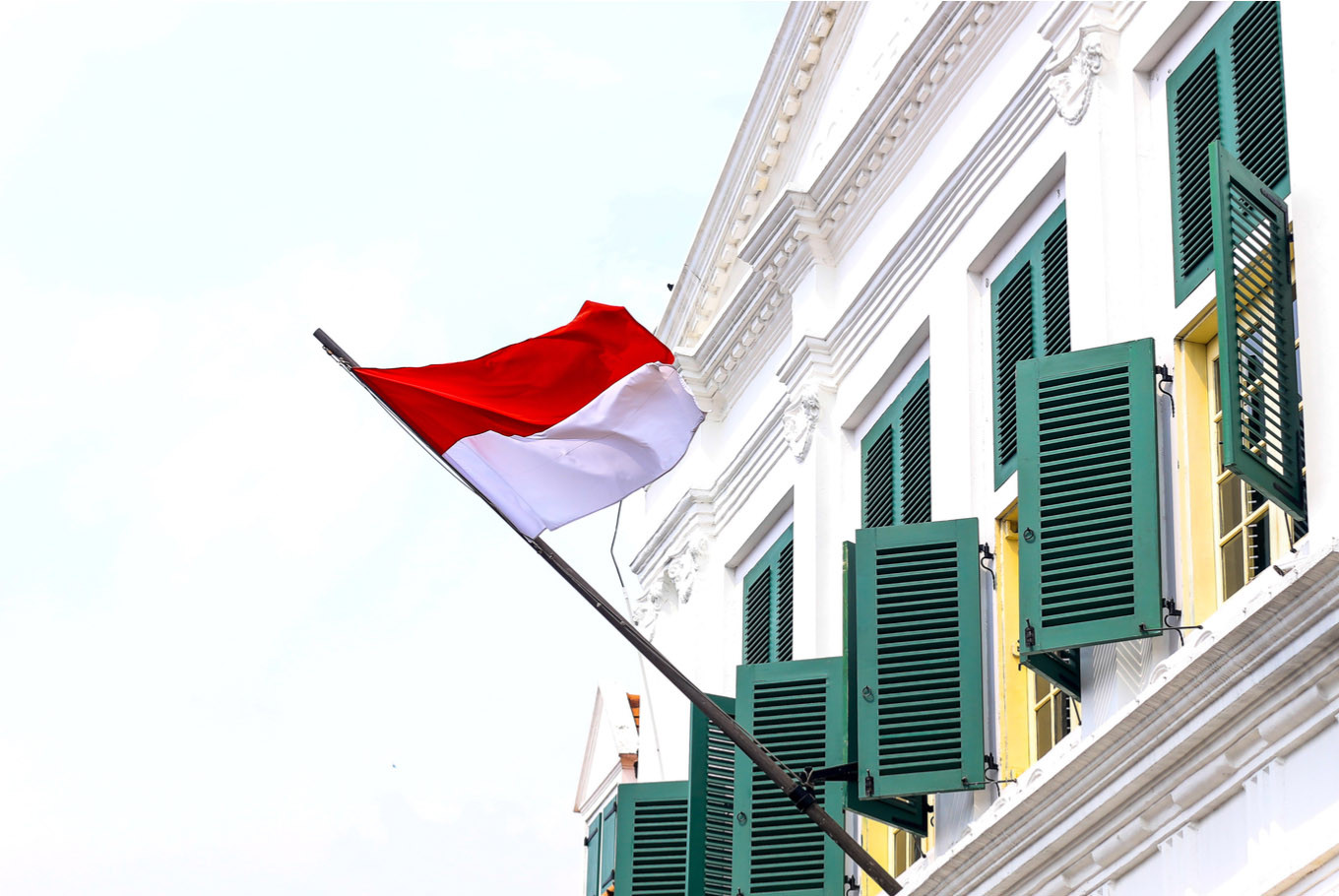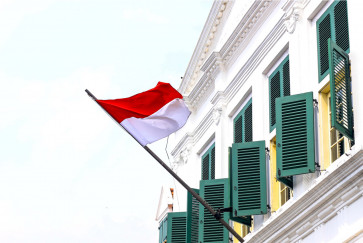Popular Reads
Top Results
Can't find what you're looking for?
View all search resultsPopular Reads
Top Results
Can't find what you're looking for?
View all search resultsThe force of nationalism is strong in Indonesia. This year it will reach fever pitch
The lack of a unifying theme to bind a collection of hundreds of languages, traditional cultures and ethnicities into a nation-state has resulted in a condition defined by what we are not rather than what we are.
Change text size
Gift Premium Articles
to Anyone
G
iven the absence of a unifying thread, Indonesian nationalism has been defined by the spirit of negation rather than an ethos of affirmation.
The lack of a unifying theme to bind a collection of hundreds of languages, traditional cultures and ethnicities into a nation-state has resulted in a condition defined much by what we are not rather than what we are.
The country's founding fathers refused to settle for one position that could easily define Indonesia. Indonesia is neither East nor West, neither an Islamist nor a secular state and for much of the country's history, it refused to acknowledge Western-style democracy while also staying away from the left's totalitarian bent. For Indonesia, it was either Demokrasi Terpimpin (guided democracy) or Musyawarah Untuk Mufakat (deliberation for a consensus).
The only thing that defines Indonesia, the very foundation on which the nation is built, is the idea of a common struggle against a succession of imperialist powers.
Indonesia's myth of creation has been one about a pitched battle between children of the nation who at times used only bamboo spears and the power of prayers to banish the colonizers that sucked the country dry for more than three centuries.



















